Computer programming is important today because so much of our world is automated. Humans need to be able to control the interaction between people and machines. Since computers and machines are able to do things so efficiently and accurately, we use computer programming to harness that computing power.
This is the first of hopefully many programming courses that can introduce technically inclined people to Python programming.
Date and Time
Location
Information on our VPN service (instructions for iOS devices) will be provided to the registrants that cannot join us along with instructions on our BigBlueButton platform.
Hosts
Registration
Speakers
George Michael
Topic:
Everybody can program (An introduction using Python)
Agenda
Introduction to programming and reasons to write programs?
These are the course-wide materials as well as Introductions’s first section where we discuss what writing programs mean. In the third part of the class, we will finish the Introduction and have the quiz and first task.
Installing and Using Python
We’re going to set up stuff so that you can write Python programs.
Introduction to programming and reasons to write programs? (continued)
We try to cover the “big picture” of programming so that you get a “table of contents” from what to expect to learn. Don’t worry if, the first time you hear it, not everything makes perfect sense. This part is very broad.
Variables and Expressions
We will explain how a program uses the memory of the machine to store, retrieve and process information in this section.
Conditional Code
We will move from sequential code in this section that simply runs one line of code after another to conditional code where some steps are skipped. It is a very basic idea – but it is how “choices” are made by computer software.
Functions
We are going to learn about what functions are and how we can use them. Functions will be an essential way for us to make sense of our code, as we move into more and more complicated programs.
Loops and Iteration
Our four fundamental programming patterns are completed by loops and iteration. Loops are the way we say Python over and over to do something. Loops are the manner in which we create programs that remain with a problem until the problem is solved.

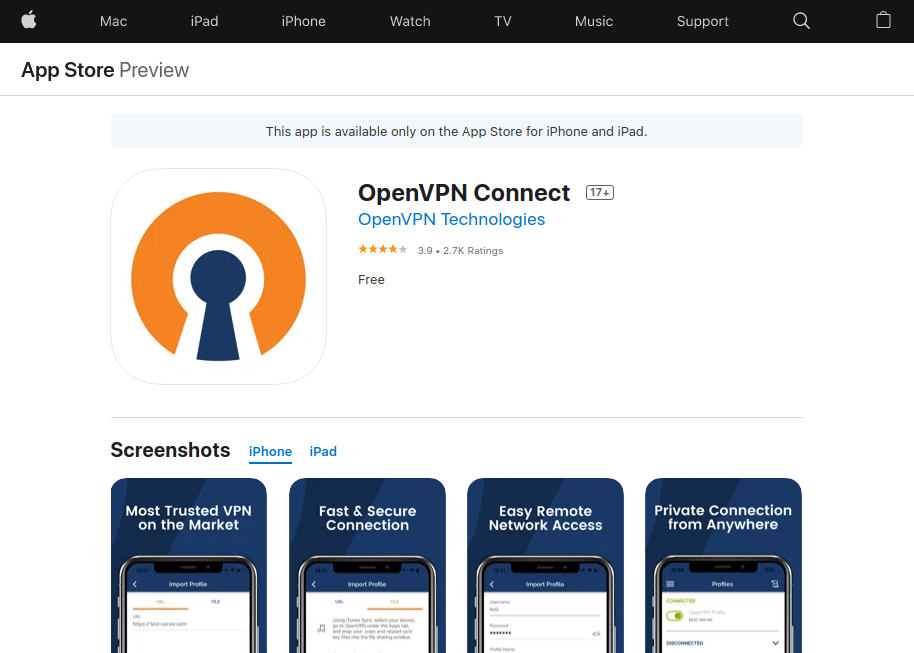
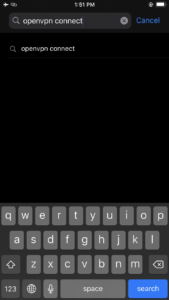
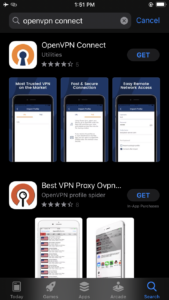
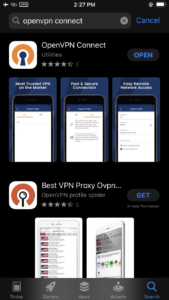
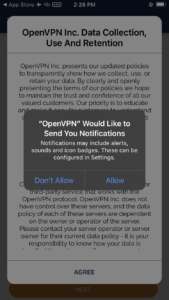
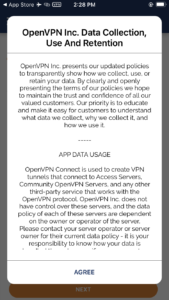
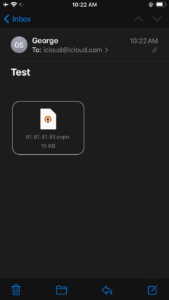
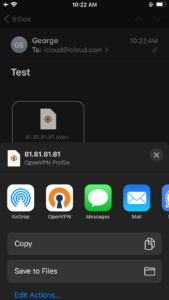
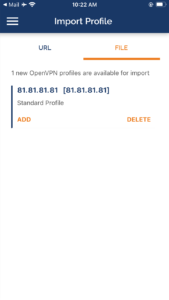

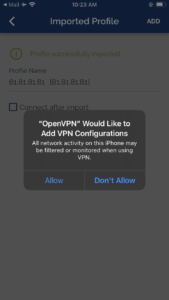
 Add Event to Calendar
Add Event to Calendar 
